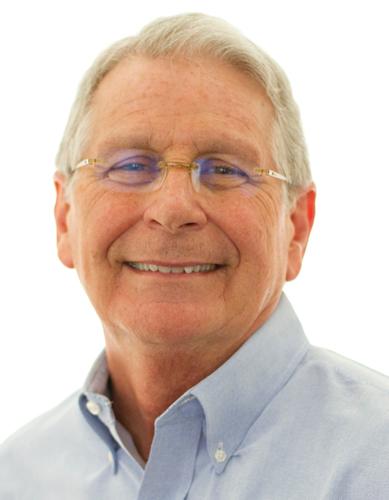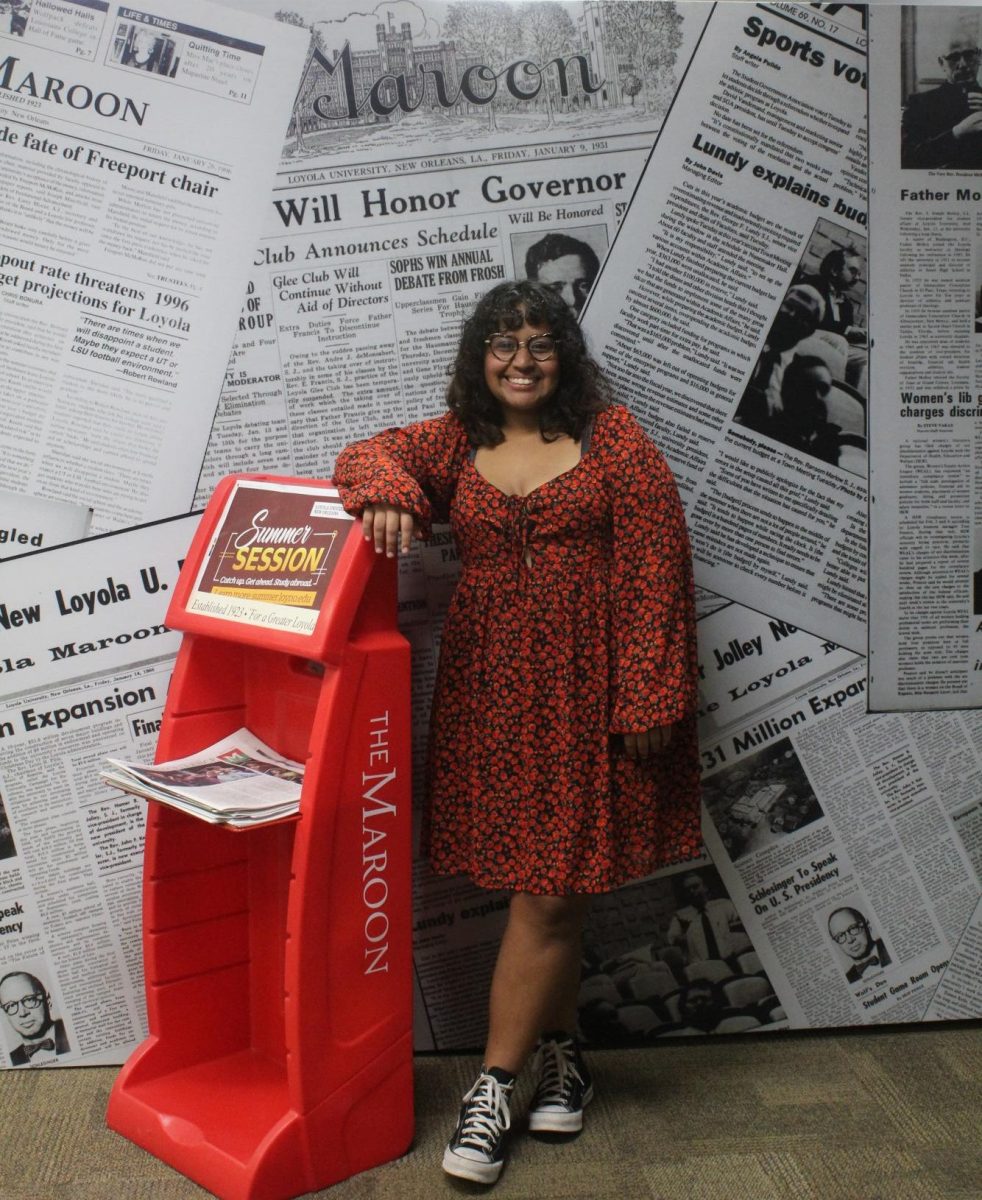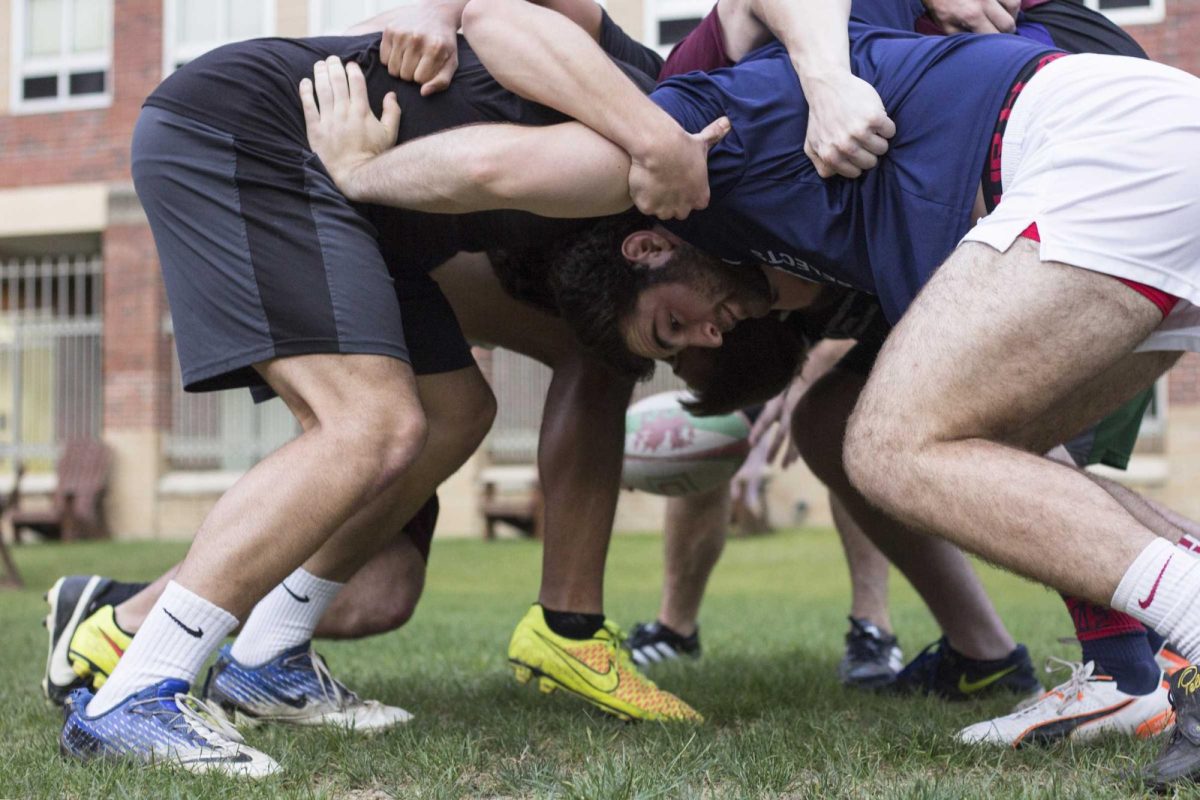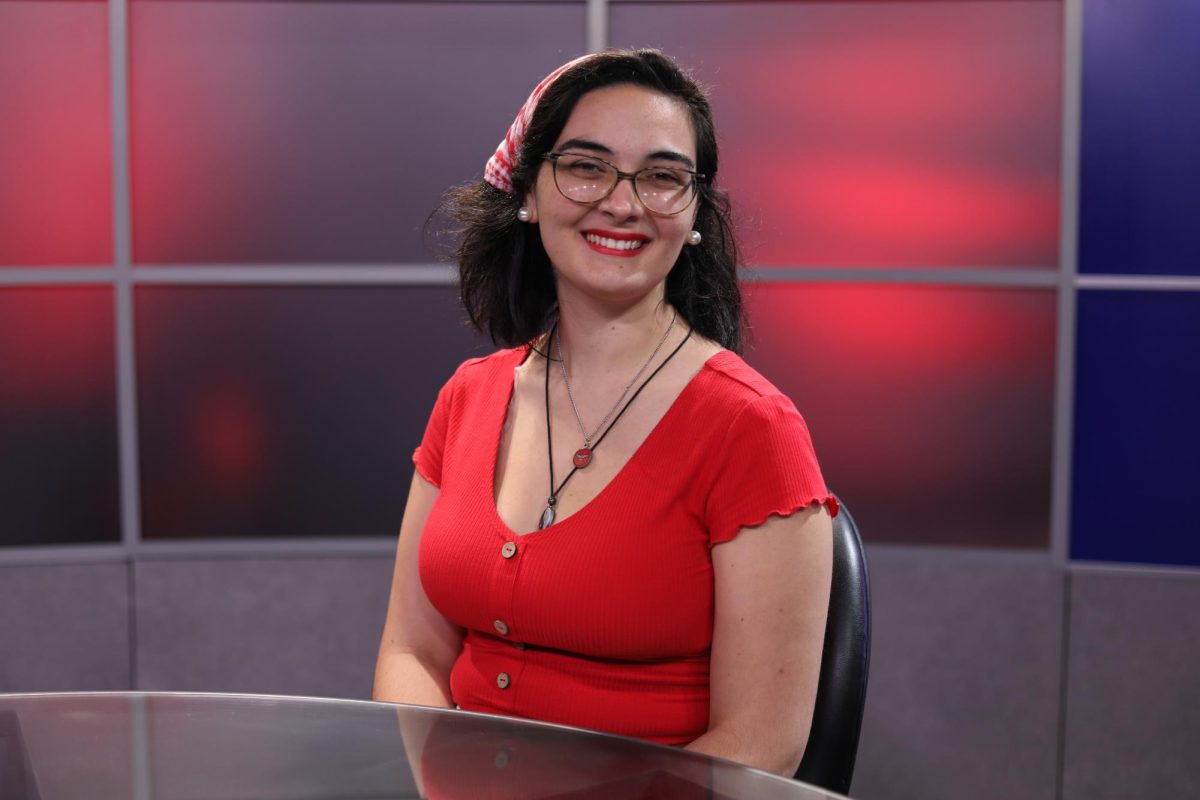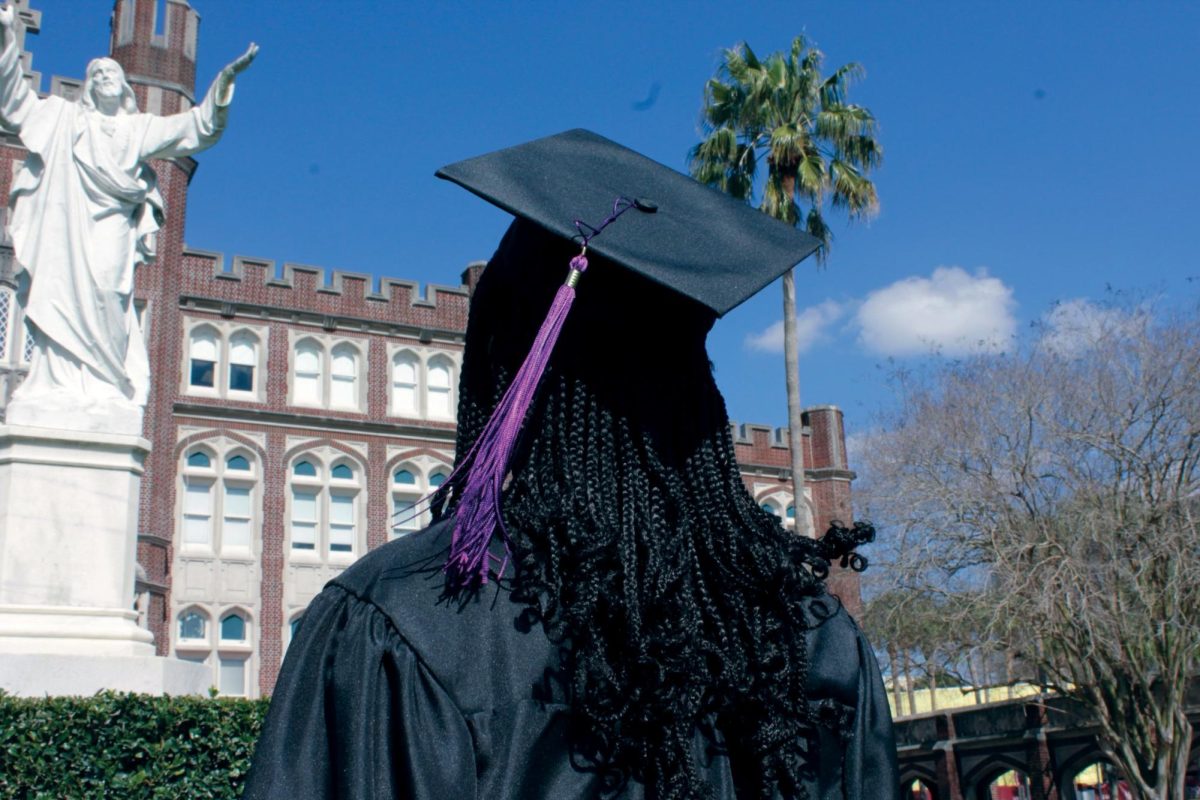If you followed American politics this summer, you might well wonder what this country is coming to. The partisan divide is deep, and we seem to have reached a new level of acrimony. And yet I remain confident about the nation’s future.
Nearly 200 years ago, Alexis de Tocqueville, French aristocrat and friend of democracy, toured the young American republic and this is what he found. The average American was a habitual joiner. Our forbearers were constantly getting involved in various projects of community improvement. These were the voluntary associations that Americans loved to join. According to Tocqueville, this was the thick web of relations that constituted the cradle of American democracy and citizenship.
I’m happy to report to you today that in spite of all the ups and downs of American history — the wars, depressions and grueling political divides — Americans have not changed in this habit. Two Harvard political scientists, Robert D. Putnam and Theda Skocpol, have done extensive research on this topic. The results are mixed. While Americans continue to be involved in community work, it isn’t entirely clear whether our volunteer spirit will continue.
I think that it will. The associations of the past, such as fraternal lodges and sisterhoods, lasted for almost two hundred years, but they began a decline in the 1960s. It would appear, however, that the vacuum they leave is being replaced by new forms of association and revised versions old ones. According to “Civic Life in America,” published by the National Conference on Citizenship in 2010, Americans continue to be remarkably involved.
We’re involved mainly in church service-oriented organizations, in educational and youth service and in community service organizations. We like to raise money for them and sell things for them (think of World’s Finest Chocolate); we like to feed the hungry and the disabled; we like to provide transportation for the otherwise shut-in; and we like to help teachers educate the young.
Ten percent of us have held an office in an organization. Think about it. That’s millions of Americans skilled in civic leadership positions. The data show that people who get involved in voluntary associations are far more likely to vote and otherwise get involved in the democratic process. This should not be too surprising, if we think about it. Voluntary associations teach us how to speak up, how to associate and how to cooperate for the public good, key characteristics of citizenship.
If you want to know what you can do to heal the injuries of our country, and there are many, look around. On our campus alone we have University Ministry and LUCAP, its service organization. We have the Office of Service Learning, the Women’s Resource Center and the Civic Engagement Society, for which I am faculty advisor. I know I’ve left many out. That’s because there are so many on campus that I don’t have room to list them all, which was precisely Tocqueville’s point.
If you’re feeling uninterested in any of these options, I have one more for you. According to the sociologist Robert Wuthnow of Princeton, one of the biggest growing voluntary associations in the United States today is support groups. That strikes many as incongruous. We tend to think of support groups as self-absorbed. The fact is, however, that support groups teach people how to speak face-to-face and how to develop relationships of trust with one another, cornerstones of civic life.
If you’re interested in a support group, I recommend you seek one out through University Ministry or the Counseling Center. Baring your soul to other people is delicate business and is best overseen by competent service providers.
The good news is that, whether you or I individually get involved, our country will get through this current crisis. Just like our ancestors, we’ll join together with our neighbors, roll up our sleeves and clean up the mess. It’s the American way!
Roger White is a political science professor. He can be reached at [email protected]
On the Record is a weekly column open to any member of Loyola’s faculty and staff. Those interested in contributing can contact


